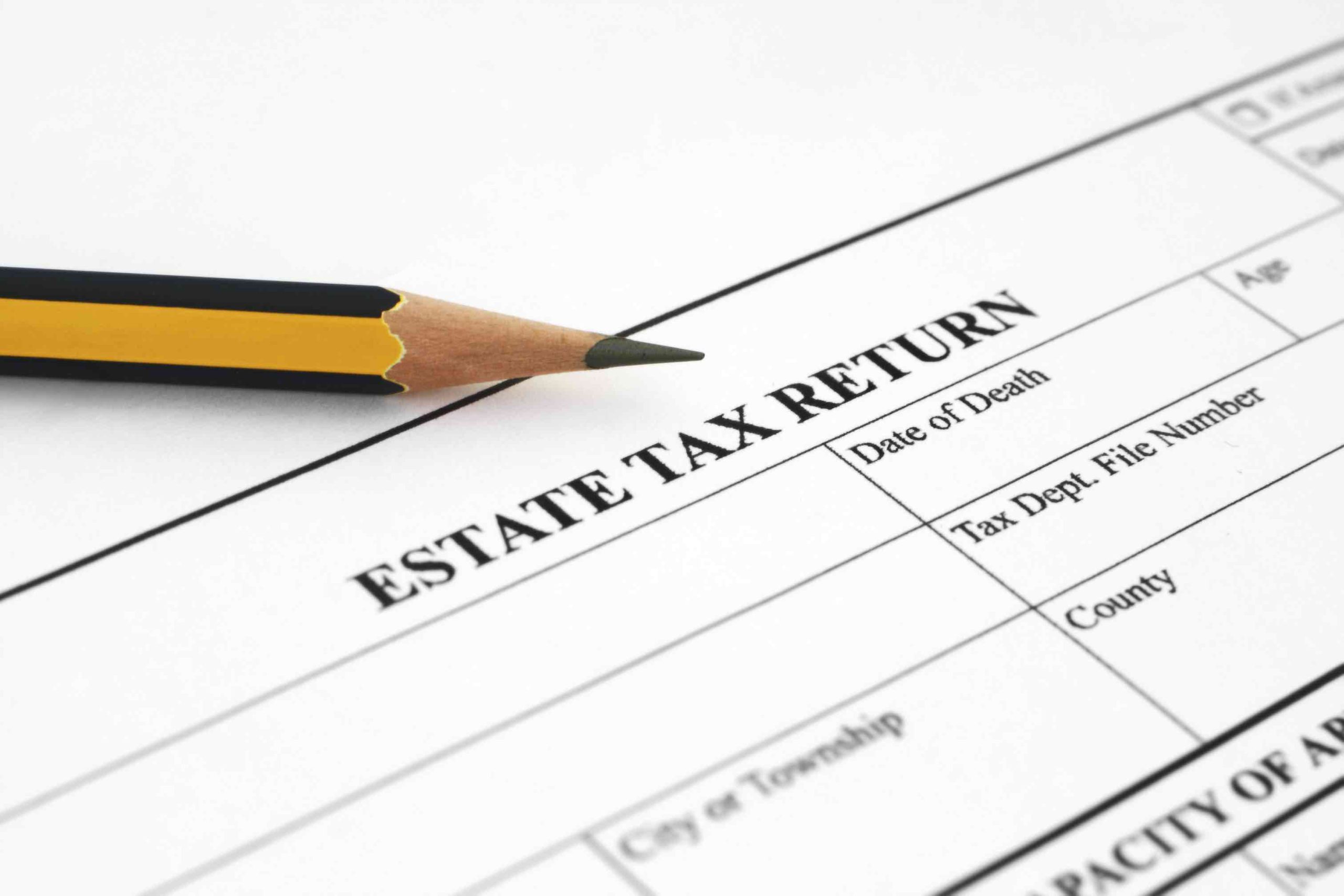New Responsibilities for Estate Trustees under the Estate Tax Administration Act

Effective January 1st, 2015, a new regulation came into force in Ontario under the existing Estate Administration Tax Act which has increased an estate trustee’s role in reporting the value of estate assets to the Ontario Ministry of Finance. The following is a brief overview of some of the changes to assist estate trustees in meeting the new requirements
Estate trustees are now required to draft and file an Estate Information Return to the Ontario Ministry of Finance within 90 days after issuance of a Certificate of Appointment of Estate Trustee (formerly probate).Estate tax
The Estate Information Return requires estate trustees to provide a detailed list and description of all the assets of the estate at their fair market value at the date of death, consistent with the total value of assets provided on the Application for a Certificate of Appointment of Estate Trustee. The estate trustee must provide a detailed breakdown of all assets of the estate, including but not limited to: real estate, bank accounts, investments, vehicles and jewelry. Certain assets, such as real property, may require an estate trustee to have supporting documentation assessing the value of the asset. All estate trustees are required to sign the Estate Information Return. Additional information regarding the Estate Information Return can be found at www.Ontario.ca/estateadmintax.
The Estate Information Return must be received by the Ministry of Finance within 90 days after the Certificate of Appointment of Estate Trustee has been issued. Additionally, if an estate trustee becomes aware of misinformation or missing information in the Estate Information Return, an amended return must be completed within 30 days.
If an estate trustee fails to file the Estate Information Return within the 90 day period, the estate trustee may incur a penalty of not less than $1,000.00. After an estate trustee files the Estate Information Return, the Province is entitled to re-open the file at any time within four years of filing. If there is a discovery of false or misleading information, the Province may assess further tax if it determines that the estate’s value at the date of death was greater than originally stated. In this situation, the estate trustee may also be subject to certain fines or penalties.
To find out more about the changes we encourage you to contact one our legal professionals at Kelly Santini LLP. We would be pleased to assist you in the administration of the estate and to help you navigate the various roles and responsibilities of an estate trustee.




